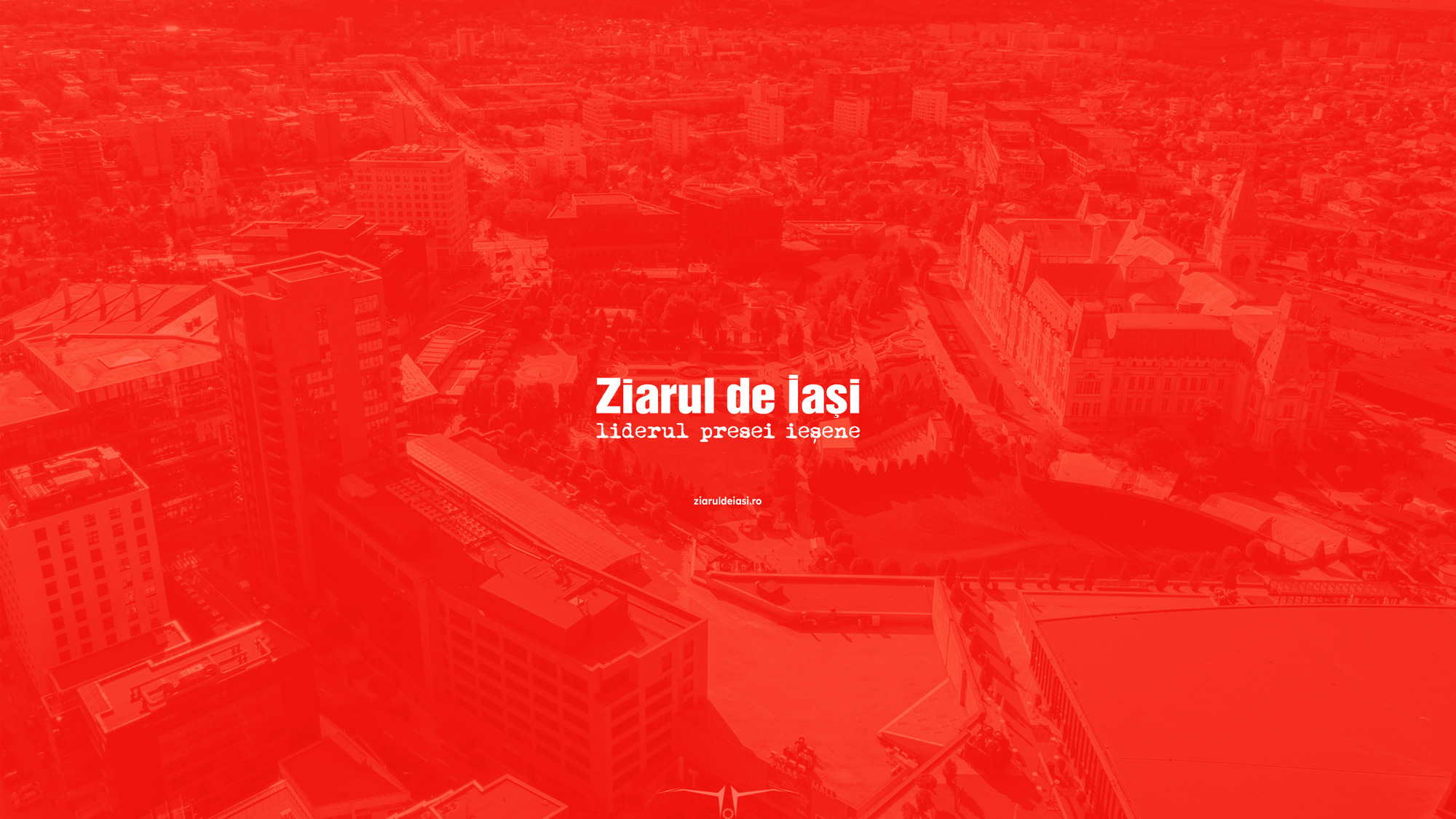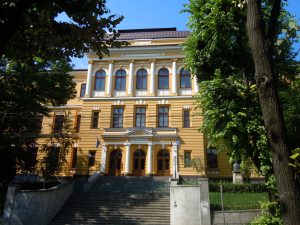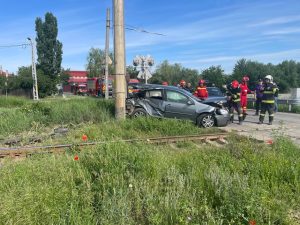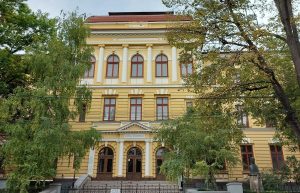
Probably "reform" has been the most used word for the last nine years. Not accidentally, because the word is designating what each of the post-Decmber governments should have done. Each of them has tried to solve the problem only partly or not at all. The latest days some events have occurred which could make us believe the much expected reform is going to happen. Not necessarily for patriotic reasons or for the premier’s spirit of sacrifice, but for completely different causes.
First of all, let’ make clear why we have got to a point where it is almost impossible to achieve reform. To make an unpopular action, which is requiring massive losses of electoral capital, a compensation is necessary. The only one compensation which could be is gaining economic power, if not, more directly, gaining the money for campaigns, which is distributing reform benefits deriving from privatizations, commissions, and so on. That’s what happened in all Eastern European countries that completed the most difficult part of reform (Czech Rep, Hungary, Poland). In these countries, after center-right coalitions won the 1990 elections, left-wing coalitions won the next elections. Those center-right coalitions achieved the reform almost completely, even at the risk of losing elections, but with the benefit of providing the economic influence. Despite losing elections, the right wing’s gains were, on the one hand, the economic influence and on the other, due to economic development, it created the basis for the middle class, a class which, anywhere in the world, is providing the electoral basis for center-right parties and which will allow them to get back to ruling power. The most recent elections – in Hungary, where the right wing got the ruling power back – prove the estimations made a few years ago were correct.
What happened in Romania? The right wing wining the 1990 elections, like in Bulgaria, unsettled this logic scenario. Romanian governmental coalitions by 1996 did nothing but that part of reform which is providing material benefits. If it had done the reform simultaneously, that part which is bringing about electoral losses, probably the first benefit would have prevailed, which would have provided the necessary political will to go on with the reform, despite protests. PDSR governments, as I already mentioned, had no gain in carrying out both parts of reform. As they were left-wing governments, they weren’t interested in attacking the hard core of reform at all – restructuring of giant unprofitable companies and of the economy’s black holes with an austere policy as concerning the budget and social insurance – because they are electoral constituencies for any left-wing party.
Let’s see now why Radu Vasile might have no other chance but make reform. Not for charity reasons, but for more prosaic motifs.
One reason is the current coalition is, however, a center-right one. Namely one which eventually, despite initial hesitations, will make the estimations the politicians in Poland or Hungary made in ’91-’92. So far, this reason has not been enough. There are some which rely on the premier’s forecast concerning his political future and which are very important under current circumstances.
While the whole country talks about cold weather, coalition parties felt they needed to make their ideology clear. After the liberals’ decalogues, came the PNTCD’s turn, which tried to get their party in line with the Christian-Democrat politics. The next day, Petre Roman’s democrats designed a social welfare program and some party leaders announced the reform might begin. That means each one of these parties, probably convinced a reform triggering great image deficits followed, is trying to get the best position so that they be lest tarnished.
It is to be seen whether Prime Minister Radu Vasile who, unfortunately, is the main character in this pathetic play, will have the necessary will to achieve reform. We afford saying he will, whether he likes it or not.
Vasile is the most contested person within the Peasant Party, at least some of the party members deny him. If the reform fails permanently, his political future risks to be similar to Ciorbea’s. What could that mean if the reform doesn’t fail? Obviously, not all 65% Romanians opinion polls say they back the reform will become the premier’s fans. Most of them, though they don’t know yet, will be affected by the reform. Some maybe extremely harshly. Out of these at least 15-20% will remain, at least those whom the reform is favouring in the near future, even though not in the very beginning. Providing PNTCD is facing a deep leader crisis, even threatened with a split, the above-mentioned percentage becomes vital for Radu Vasile’s future. Either in PNTCD, or outside it, in case what the party’s octogenarians fear won’t happen. By that time it is possible nobody might ask them what the party’s future should be. Actually, as soon as reform were carried out in Hungary, Poland or Czech Rep, political stages in these countries split and got re-grouped so deeply and unexpectedly that nobody could anticipate but partly what was going to happen. But meanwhile, the reform, as drained as it was, had got to light. (Claudiu RAUS)























